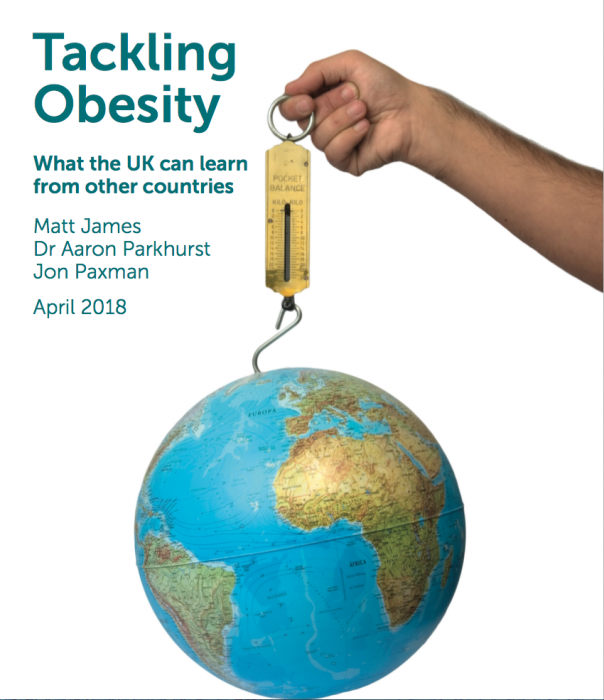Report on what UK can learn from other countries about tackling obesity

The report, titled ‘Tackling obesity - What the UK can learn from other countries’ looks at topical obesity intervention strategies from around the world and asks: Can the UK learn from policy abroad? It is the third the organisation has produced since 2014.
Director of 2020health Julia Manning said, “No country has unequivocally burst the obesity bubble, but there are countries, regions, cities and towns that have explored interventions and approaches that the UK has not.
“We cannot claim to be serious about reducing the increasing prevalence of obesity if the UK’s approach continues to be piecemeal.
“In our opinion, we betray the next generation with our reticence to take obesity seriously and comprehensively.”
She said that research by 2020health showed that, at a local level, community-based programmes for school-aged children, typically 0–12s, are much more effective than interventions focused on school environments.
“This is particularly true of programmes that traverse childhood and educational settings, the family home, community structures and the built environment,” she added.
Report author Jon Paxman said: “The UK government has rightly placed principal focus on children, but a health-in-all-policies approach has yet to be realised.
“Currently, school nutrition and exercise policies are diluted by an opt-in position among academies and free schools, and are not always observed by schools under the local authority.
“If the UK fails to implement joined-up, multi-sectoral obesity prevention strategies for children and their families across a range of local contexts, it has little hope in ever reversing the obesity epidemic among the wider population.”
